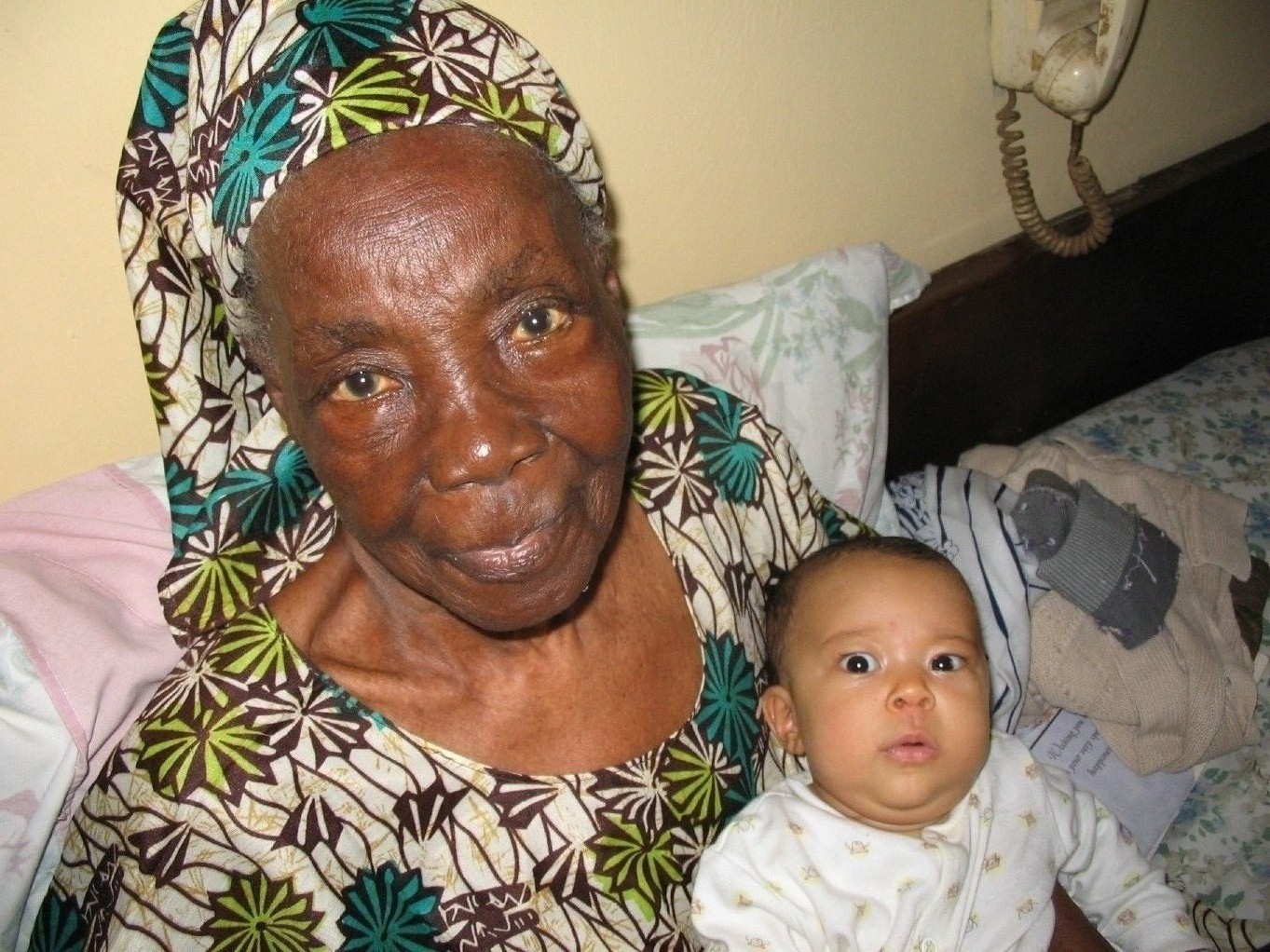
In all world regions, proportions of older adults are increasing. Yet, they are often invisible in the face of global challenges such as climate change, economic recessions and transnational migration. The Global Social Initiative on Ageing is addressing the impact of these trends in three main areas: Families, Liveability and Care. Issues include the quality of life of older adults left behind by outmigration of young people; the ability of families to sustain intergenerational support in the face of poverty, pandemics, and changing family structures and beliefs; and the caring relationships of older people.
Aims and objectives
The Global Social Initiative on Ageing (GSIA) aims to address the impact of climate change, poverty, and migration trends on the sustainability of older rural populations that face increased poverty and outmigration of young people arising from the impact of urbanization and transnational migration; and the ability of families to sustain intergenerational support in the face of poverty, pandemics, and changing family structures and beliefs. The GSIA mission is to foster collaborative, trans-national approaches to the creation and transfer of knowledge at the intersections of global trends and population ageing.
Activities
The GSIA welcomes collaboration with other global networks of scholars, and works to engage all those committed both to improving understanding of population ageing through social scientific inquiry and to sharing the knowledge which emerges with all who shape policies designed to create a society for all ages. With funding from WUN, a strategic planning meeting of the GSIA was held at the University of Alberta. Senior social scientists from all world regions came together to launch the GSIA in March 2011, and to create an international research agenda and implementation plan.
The GSIA is a core activity of The International Association of Gerontology and Geriatrics, an organization of more than 70 countries with 45,000 members. Under the auspices of the IAGG, the GSIA coordinates working groups, engages new scholars through the International Council of Gerontology Student Organizations, and sponsors presidential symposia related to GSIA priorities.
Initially, the GSIA brought together 13 social scientists who are known for their critical reflections on global trends such as transnational migration patterns, and regional issues such as the impact on older adults of government policies such as China’s ‘one child’ policy.
The involvement of early career scholars ensures a generational mix and links to the broad network of students within the IAGG. The excitement of the GSIA for those of us who are the architects comes from the potential for this high-profile initiative to influence the lives of millions of older adults around the world.
Reports
Selected outcomes
- Three research papers published in 2014.
- Participated in events throughout Australia, Columbia and the UK, 2014.
- Dr Keating organized and chaired a symposium titled “Global perspectives on social and
- health policy for an aging population” at the Gerontological Society of America conference in Washington DC, November 2014.
- Dr Keating invited to participate in the National Seniors Council’s roundtable discussion in Quebec on the social isolation of older adults, July 2014.
- Dr Keating contributed to “The challenge of caring now and in the future: Learning from across the world”, which was presented at a meeting in the House of Lords chaired by Baroness Pitkeathley and at a House of Commons Seminar hosted by the Rt Hon Paul Burstow MP, May 2014.